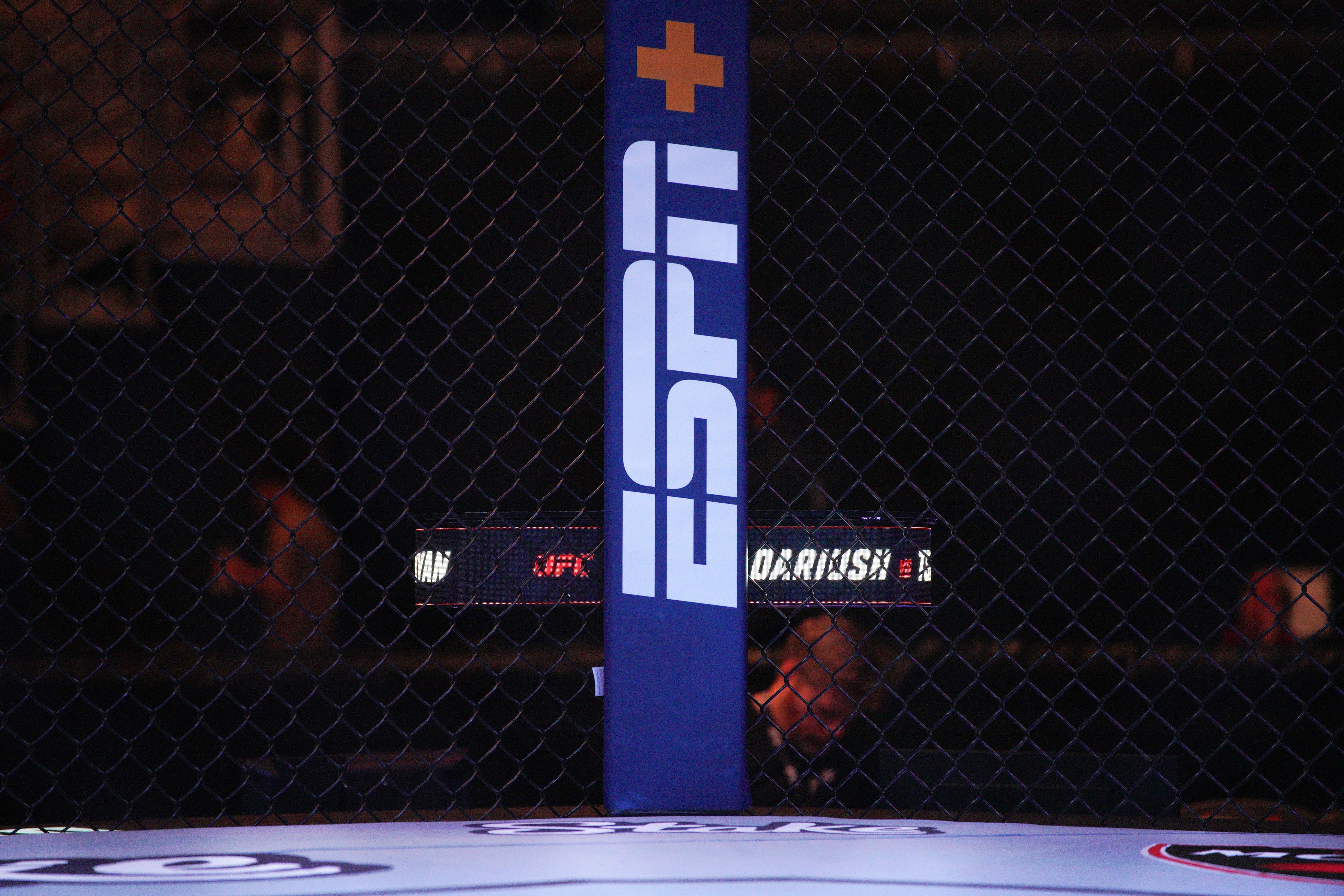Pushback as PENN Entertainment Re-Elects Board Members and Approves Pay Packages

ESPN BET is steadily climbing in the rankings of top sportsbooks as states release monthly financial reports on legal sports betting. However, its operator, PENN Entertainment, is facing some internal concerns. Shareholders are expressing dissatisfaction with the compensation received by executives of the company, which operates one of the leading sports betting sites.
Shareholders commonly dissent executive compensation, especially when facing millions of potential voters. However, it is worth mentioning that the opposition to the pay package has been steadily increasing since last year.
For those interested in betting, here is our promo code for ESPN BET.
The numbers
Voter apathy extends beyond local and federal politics, as evidenced by over 21 million shareholders who did not participate in voting on the payment package, along with nearly 330,000 who abstained. According to PENN, 58.7% of those who did vote supported the pay package.
48% of total shareholders supported the executive pay plan when including those who did not vote against it, down from 76.5% the previous year. There was a significant increase in discontentment, with 34.3% of eligible shareholders voting against the plan compared to 8.4% the year before, according to PENN’s latest SEC filing.
What are the issues?
Investors in PENN are becoming more focused on the company’s expansion plans, especially in areas like iGaming and legal sports betting. Donerail Group, an asset manager and activist investor, sent a letter to PENN’s board of directors that led to a rise in the stock price, as shareholders were optimistic that this action could bring about positive changes.
Will Wyatt, managing partner at Donerail, expressed concern about the Company’s decision to shift focus from expanding its brick-and-mortar casino operations to building an online sports betting business to compete with DraftKings and FanDuel. He urged the Board to consider the financial losses and shareholder dissatisfaction resulting from this new strategy, cautioning against continued gambling on uncertain outcomes like ESPN Bet.
Since 2019, PENN has invested close to $4 billion in the legal sports betting market. The company incurred a loss of nearly $1 billion in the acquisition and sale of Barstool Sports, but went on to acquire the Canadian sports betting outlet theScore for $2 billion. Now, PENN has partnered with ESPN BET to further expand its business.
In 2026, the company’s interactive gambling unit reported a fourth-quarter loss of $333.8 million. The company has stated that it anticipates the unit will continue to experience similar losses throughout 2026.
Investors are growing frustrated with ESPN BET’s failure to catch up to industry leaders DraftKings and FanDuel. Despite reaching a peak market share of 10% in November, the company’s share of gross sports betting revenue has dwindled to just 3% as of April 2026.
Although the stock has dropped considerably under CEO Jay Snowden’s leadership since 2019, he received nearly $100 million in cash and stock awards from 2020 to 2026.
Board votes
The board of PENN unanimously recommended the executive pay package, despite Earnings+More pointing out that the Donerail letter may not have influenced the vote. While the letter was still critical, it may not have had as much impact on the final decision as initially thought.
David Handler, chair of PENN Entertainment, faced a significant opposition with 27% of votes against his re-election to the board. Vilma Black-Gupta received a similar pushback with 27% of votes, while Anuj Dhanda received 16% of votes against them. Despite these challenges, all three were ultimately re-elected. The concerning aspect is that these numbers were high considering there were no competing candidates.
Wyatt’s letter expressed concern over the board’s unwavering confidence in the management team and their willingness to pay the CEO excessive amounts of money despite ongoing financial setbacks and poor stock performance.







